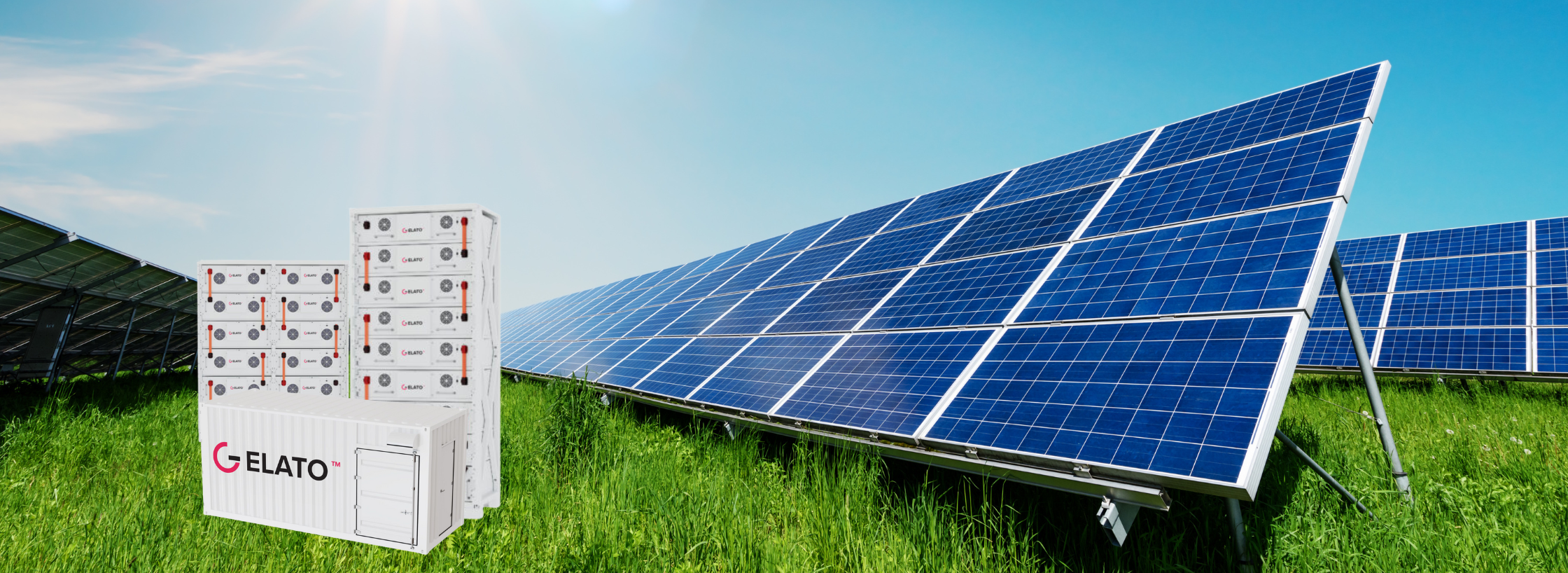As the world shifts towards renewable energy sources, solar power has emerged as a leading contender in the fight against climate change. But how does solar power affect the environment, and what are the positive impacts on nature? In this blog, we’ll delve into the benefits of solar energy and explore its role in creating a more sustainable future.
Reducing Greenhouse Gas Emissions
One of the most significant advantages of solar power is its ability to reduce greenhouse gas emissions. Unlike fossil fuels, which release carbon dioxide and other pollutants into the atmosphere, solar energy generates electricity without emitting any harmful gases. By switching to solar power, individuals and businesses can significantly decrease their carbon footprint and contribute to a cleaner environment.
Conserving Water Resources
Solar power requires very little water to operate, unlike traditional power plants that use massive amounts of water for cooling. This makes solar energy an attractive option for water-scarce regions, where conserving this precious resource is essential. By adopting solar power, communities can reduce their water consumption and preserve this vital resource for future generations.
Protecting Biodiversity
Solar power can also play a crucial role in protecting biodiversity. By reducing our reliance on fossil fuels, we can decrease the environmental impact of mining, drilling, and transportation associated with traditional energy sources. This, in turn, helps preserve natural habitats and ecosystems, allowing plants and animals to thrive.
Reducing Air Pollution
Solar power generates electricity without releasing any air pollutants, such as particulate matter, nitrogen oxides, or sulfur dioxide. These pollutants can cause respiratory problems, cardiovascular disease, and even premature death. By switching to solar energy, we can significantly reduce air pollution and create a healthier environment for humans and wildlife alike.
Waste Reduction and Recycling
The solar industry is committed to reducing waste and promoting recycling. Many solar panel manufacturers are designing their products with recyclability in mind, using materials that can be easily reused or recycled at the end of their life cycle. This approach minimizes electronic waste and supports a more circular economy.
Creating Jobs and Stimulating Local Economies
The solar industry is creating new job opportunities and stimulating local economies worldwide. From manufacturing and installation to maintenance and repair, the solar sector is driving economic growth and development in communities that need it most.
Conclusion
Solar power is a clean, renewable, and sustainable energy source that offers numerous benefits for the environment. By reducing greenhouse gas emissions, conserving water resources, protecting biodiversity, and reducing air pollution, solar energy is playing a vital role in creating a healthier and more sustainable future. As we continue to transition towards a low-carbon economy, solar power will remain a crucial component of our global efforts to mitigate climate change and protect the natural world.
What You Can Do
- Consider installing solar panels on your home or business
- Support policies that promote the development and deployment of solar energy
- Educate yourself and others about the benefits of solar power
- Encourage your community to adopt solar energy solutions
Together, we can harness the power of the sun to create a brighter, more sustainable future for all.



